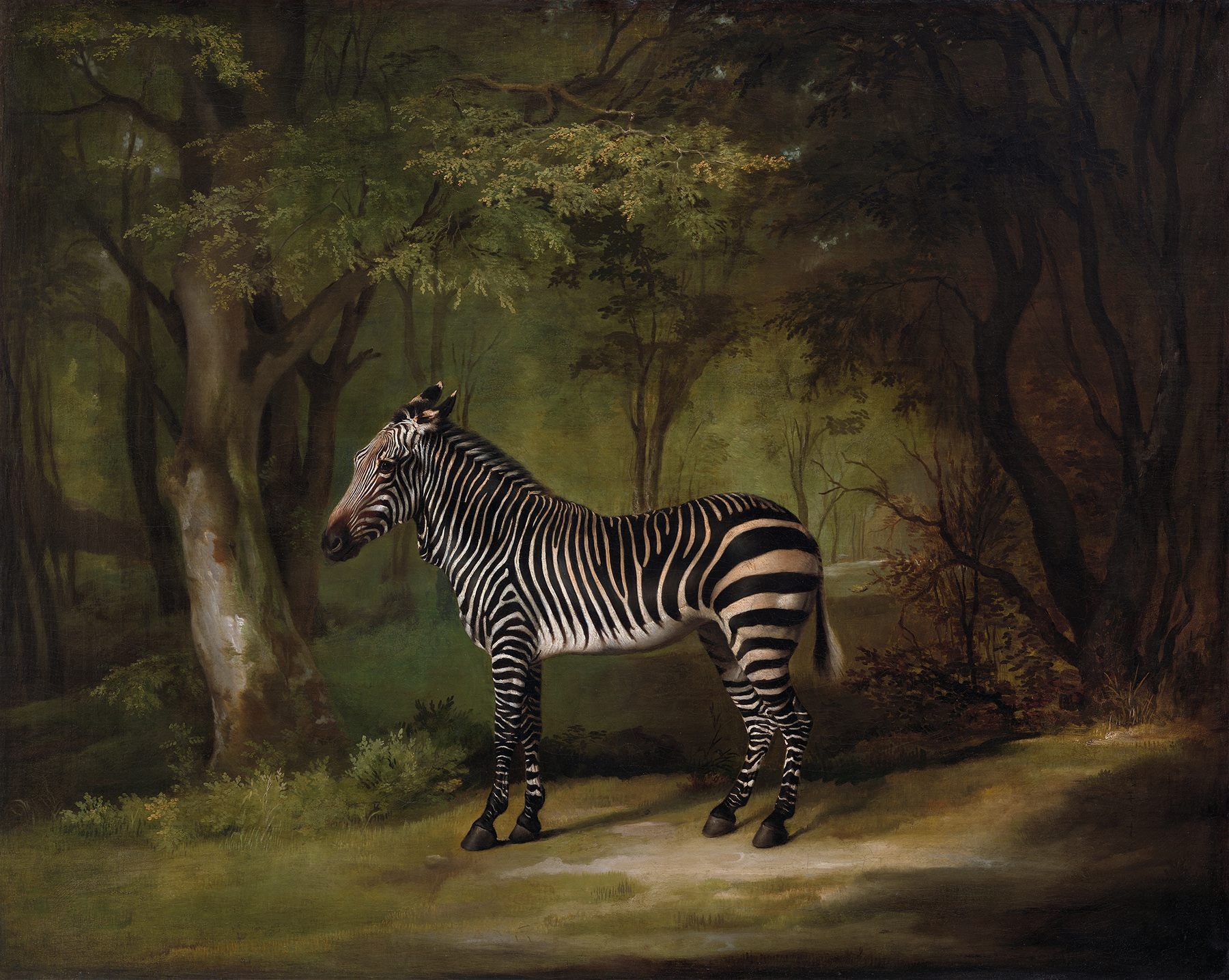A life of adventure is the dream of many – and for good reason.
Adventure brings the thrill of novelty, surprise and discovery – things our brains crave. Deprived of them, our brains suffer.
However, when we think of adventure, we often think of something exceptional, out of the ordinary – the capital A type of adventure.
But of course, it doesn’t have to be that way.

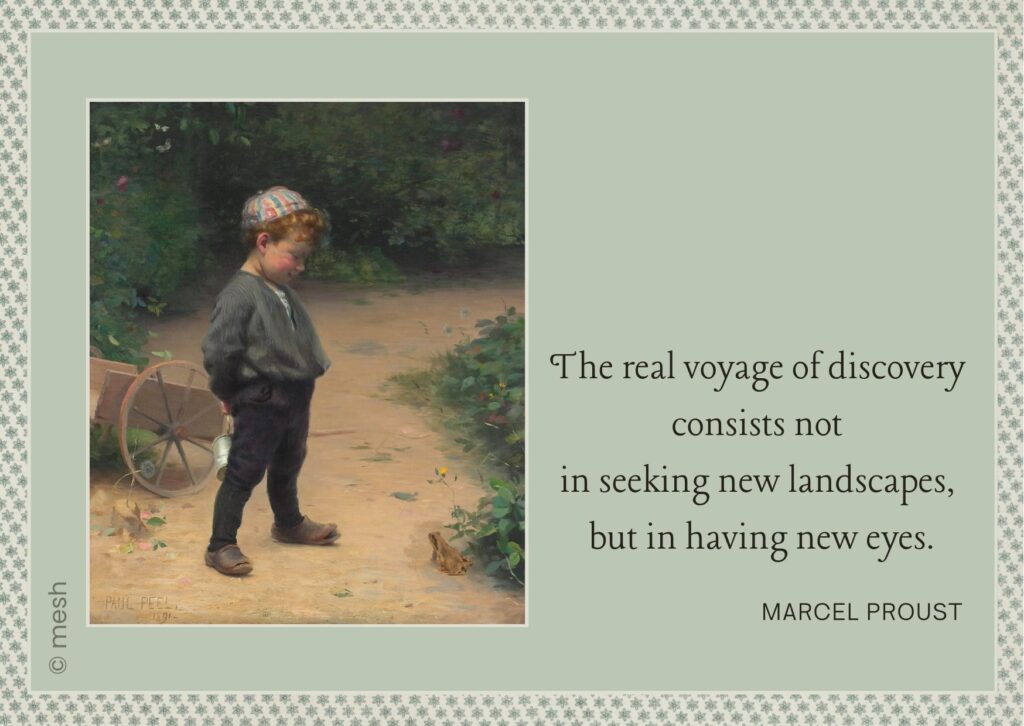
The thrill of novelty, surprise and discovery can be found around every corner, in things and places we think we know but never really bothered to explore. All it takes is to keep our minds fresh and open to the wonders of the ordinary. If we keep our senses naturally alert, they will be instantly gratified by all the beauty around and our novelty craving brains happy about exciting things to discover.
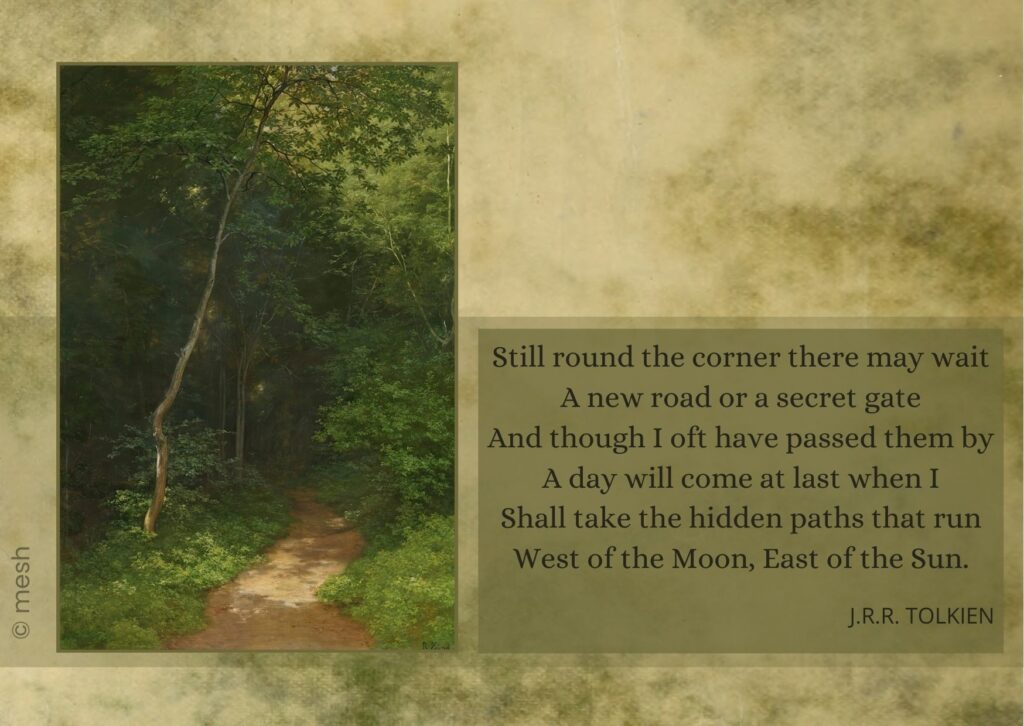
One such kind of adventure is what I like to call a sniffari.
It means simply being mindful of the smells around, giving them attention and most importantly enjoying them. This intentional awareness of scents can take form of a default attitude, a way of life – in this case it becomes a wonderful lifelong adventure. Or it can be a particular event, an instant vacation – a smell walk or a smell travel which don’t need to be exotic – a simple walk to the pantry, to the laundry room or just outside will do! It can be absolutely anywhere and everywhere – that’s the beauty of it. And by all means, it can be a mix of both. And it’s very simple: just follow your nose!
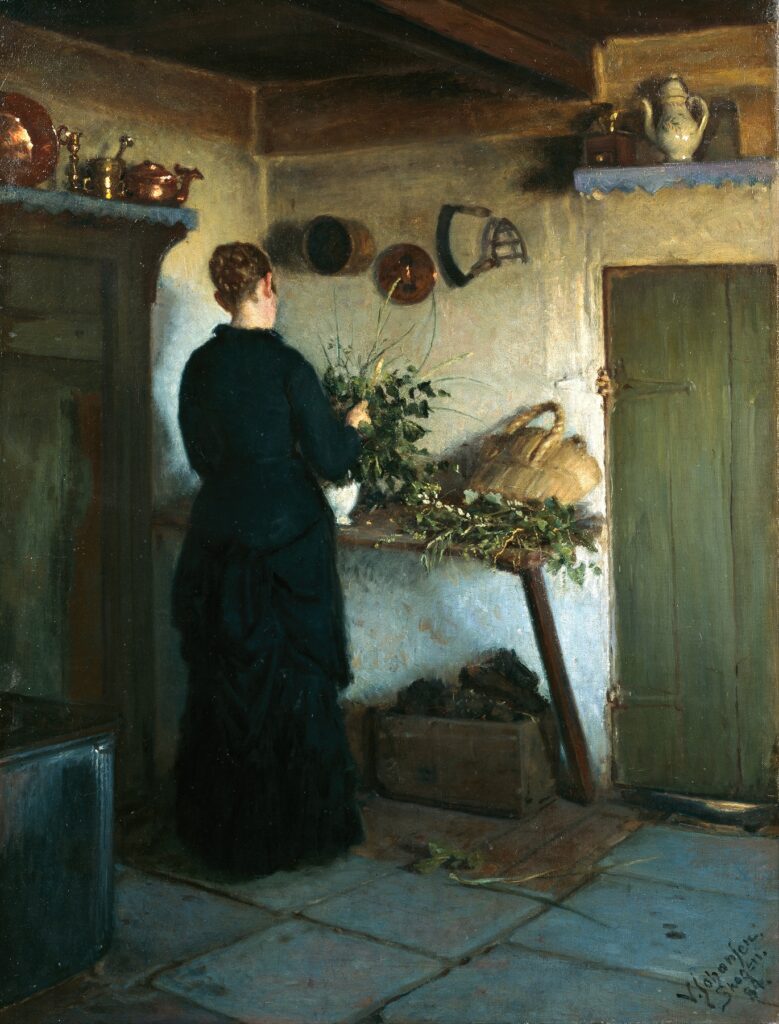
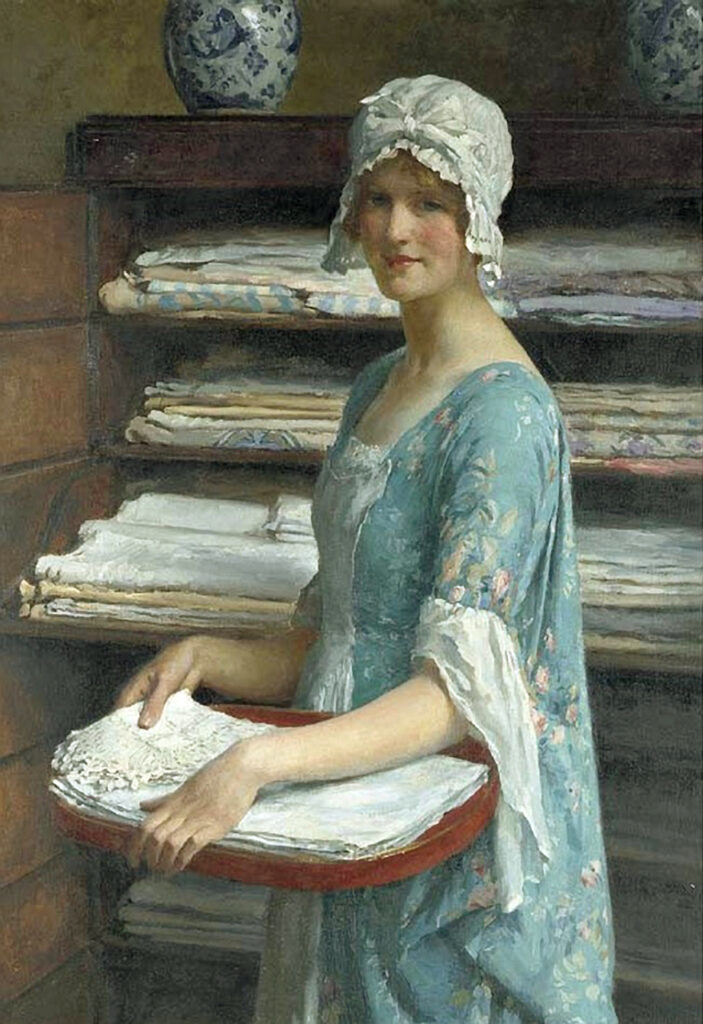
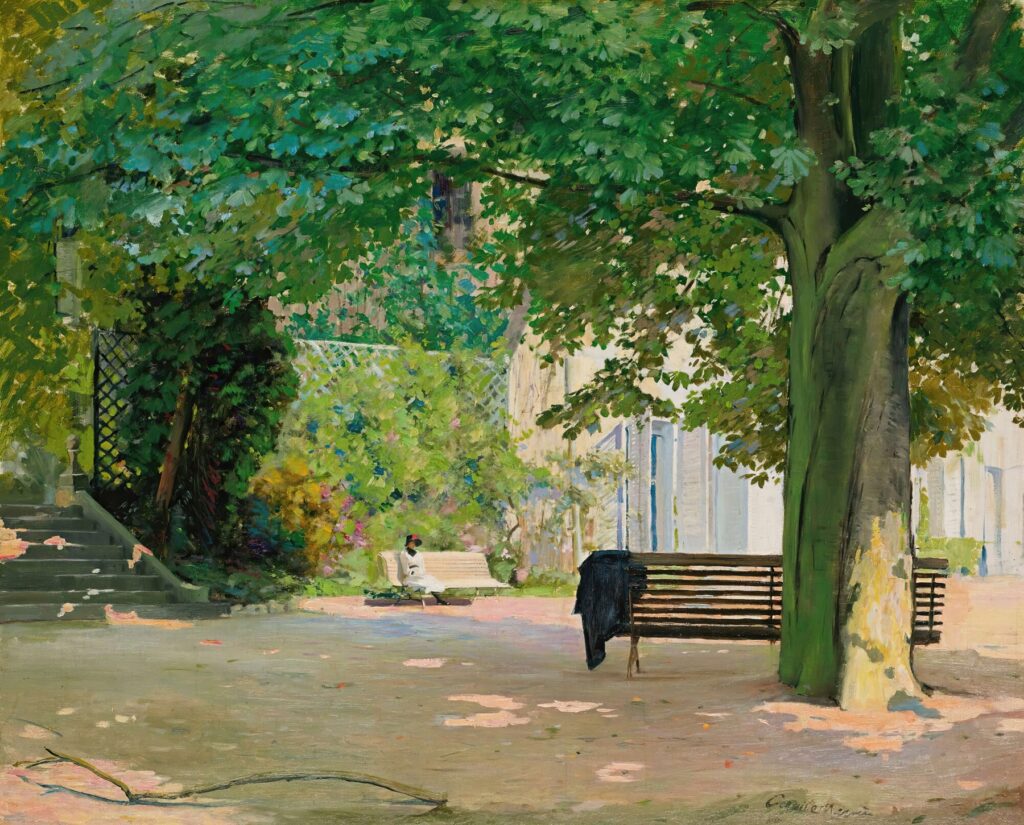
One thing we realize when we start doing this is how much sheer enjoyment we can derive from it and how easily this source of simple yet genuine pleasure can be overlooked.
But then we are surprised to see that it can do for us much more than we ever thought it could: places and moments in time it can take us to, vivid memories and emotions it can stir up, inspiration and insight it can bring.
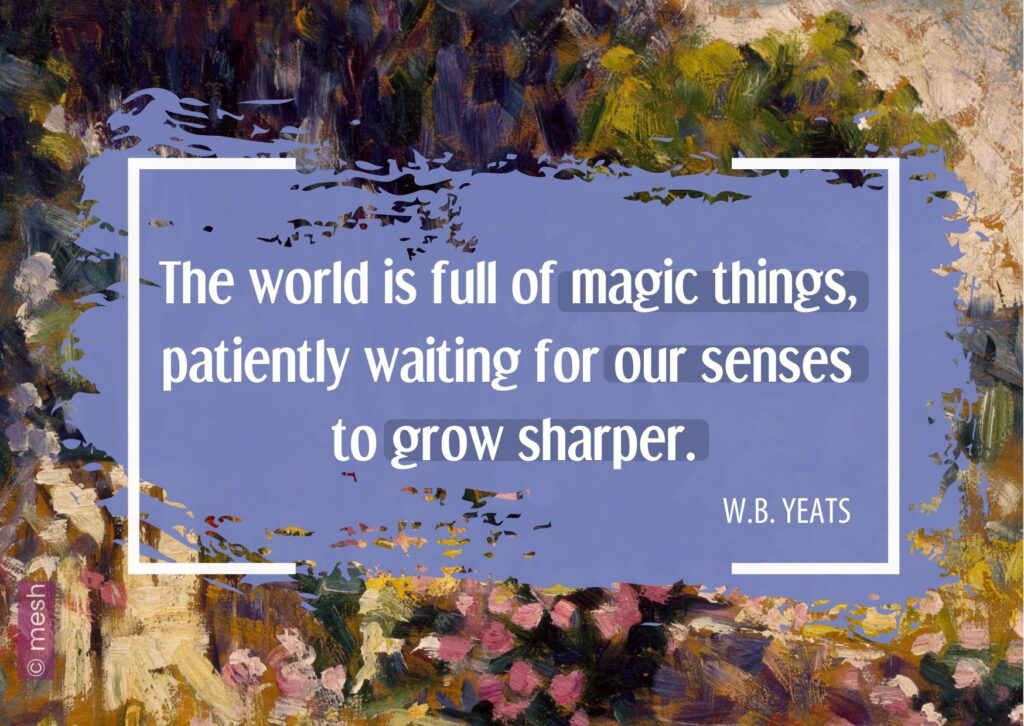
Do our senses need to grow sharper or to grow back sharper?
To every child, the world is full of magic things but sadly this somehow changes, disappears. The world gets dulled and so do our senses (or maybe it’s the other way round).
The reasons why things turn out this way are probably multiple.

One of them, the biological one, is what the neuroscientists call the neural trimming or synaptic pruning. In a nutshell, it is about the neural network in our brains being shaped by the stimulation it is provided, especially during the childhood and adolescence years. From the overabundant neural connections in a developing brain, only the ones which are most used and stimulated (and thus considered by the brain as the useful ones) will be kept and strengthened, whereas the others will be eliminated (trimmed or pruned, like the unnecessary vegetation in an overgrown garden). This will give the brain its architecture designed for optimal performance in selected areas, shaped by the environment and experience.
In practice, it means a trade-off, a letting go of a vast potential for the benefit of a narrowed down performance in specific fields – fields our brains get to consider a priority, based on the kind of stimulation they receive.
So maybe if our senses (including the sense of wonder and sense of the beautiful) get dulled as the years go by, it is because we don’t feed our brains enough reasons to believe that this is a priority, that it matters.
But there is a silver lining to this story. It’s called neuroplasticity (another term from the neuroscience). Put simply, it says that our brains are dynamic, that they never stop changing and adopting and that it is possible to rewire and reshape the neural network (at least to a certain degree) by means of specific deliberate actions.
As far as olfactory matters are concerned, we know it for a scientific fact that stimulation and practice are key factors in olfactory performance. The results can be observed both physically (as an enhanced capacity to detect and identify smells) and as un MRI image of a denser neural network in the zones of the brain involved in the treatment of olfactory information.
What it means is that we can, almost literally, grow back what has been lost. That we can, if we decide to, rejuvenate our brains, and in rather simple ways. All it takes for our senses to grow (back) sharper is us being intentional about feeding them what helps them grow and our genuine wholehearted enjoyment and appreciation of it.
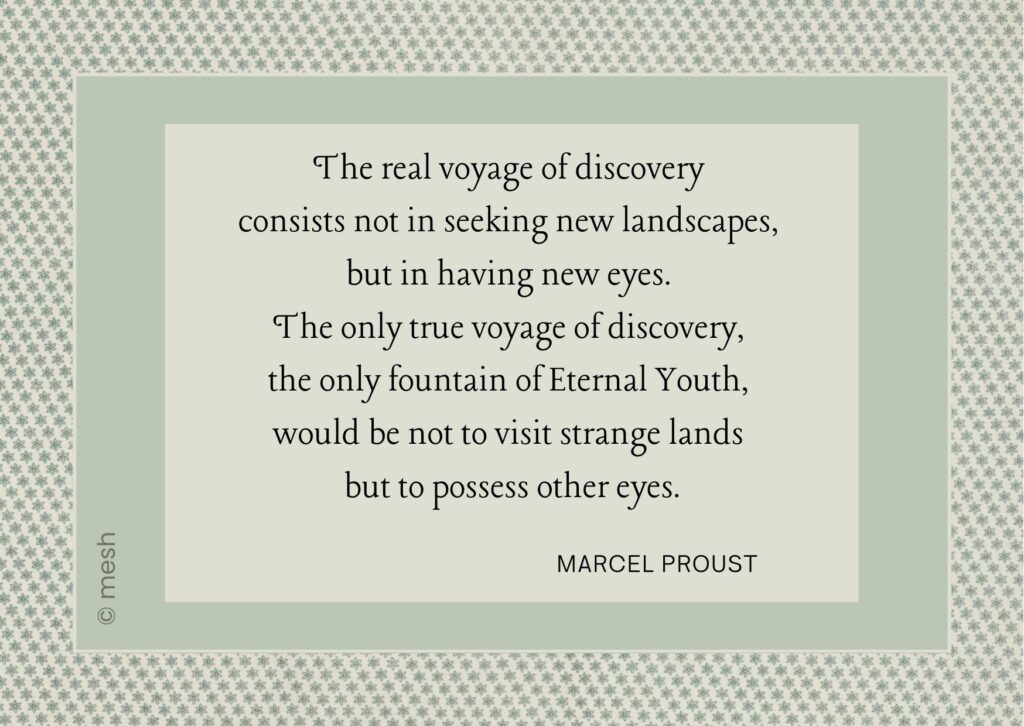

Take it easy and take it slow, so you can pick up scents that sometimes can be subtle.
Enjoy wholeheartedly.
Where to?
Absolutely any place is the best place to start and absolutely any place is a great place to go to. Every place has an olfactory signature of its own – there is so much to explore, smell and enjoy!
So start with a place of your choosing or, if you feel like you could do with some recommandations, here is the list of my personal favorites – a list I’ve been keeping – well, as long as I can remember! (And it keeps on growing.) They are my all time favorite places on Earth, the “places to be” I wouldn’t trade for any other.
